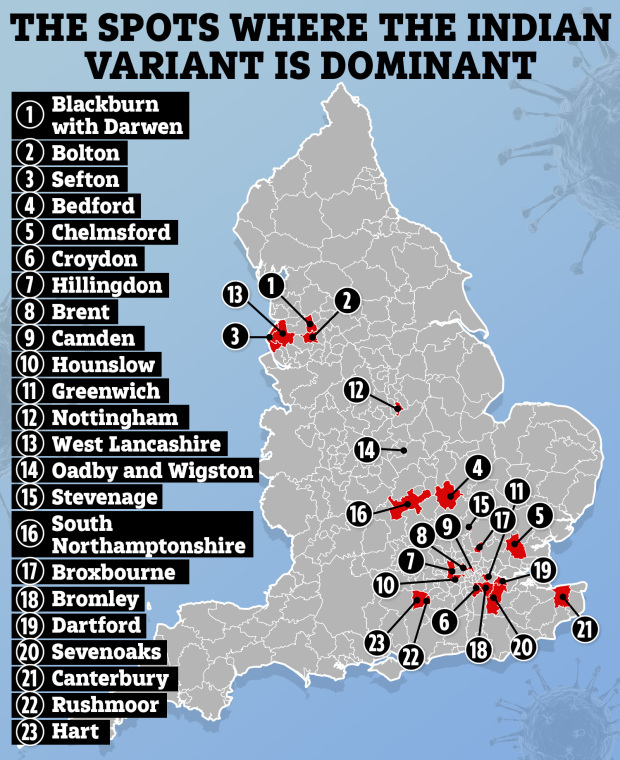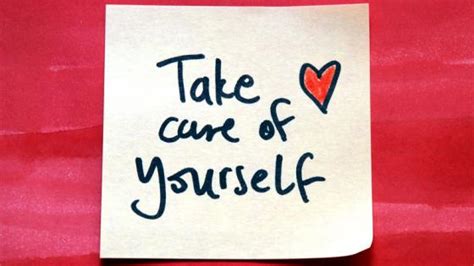A look at COVID19, pregnancy and vaccination.
COVID vaccination is a pretty straightforward choice for most of us, but the younger you are, the more nuanced it becomes, and pregnancy or intended pregnancy adds to the complexity. Here are a few thoughts and links to help anyone navigate the choices which have to be made..
The virus and you
Optimism continues after the end of the winter wave and the roll out of vaccination, but the situation right now is a little on edge. The Indian B1617.2 variant looks like it is spreading in the community and going to become dominant as the Kent one did early in the winter. So there is uncertainty again. Even in low prevalence Devon a friend of ours recently caught COVID and developed the typical viral pneumonia; she is slowly recovering but shows the virus is still around, even if nothing like as much as the last few winter months. .

The feeling seems to be that vaccines are still effective against this variant so that’s looking good. Further, hospitalisations don’t seem to have gone up in areas with more cases due to B1617.2, so it may not be more aggressive. The dream ticket is for a new variant to be more transmissible and less dangerous, but the experience in India suggests this in not the case.
You can keep an eye on how many infections and admissions there are in your local area here. This matters as your risk is proportional to the amount of cases you come across, though this will change with the seasons and variants.
The other factor that reduces your chance of infection is of course, not coming across other people. The virus is spread by small aerosols so keeping your distance and wearing a mask are effective when needed and makes life safer though harder. Hopefully we can all continue to relax a bit as time goes by and lockdown measures are eased as the risk of coming across the virus diminishes. Fingers crossed it will continue!
Planning pregnancy
If you are planning to get pregnant, you need to think about the rest of the year and into the next. So you have to think about the summer (likely to be low risk, like last year) and the autumn (uncertainty, but likely to be a smaller wave than last year) and next year (who knows?). Dealing with COVID19 and looking after a new-born might not be much fun as only about 30% of cases are really asymptomatic. Given there are arguments that the majority of people will eventually have either the infection or the vaccination and that there are still lots of people around who have had neither, the virus will continue to cause sporadic problems as it spreads though the younger unvaccinated population.

In a way, it would be ideal to be immune before you conceive, either by being infected (good luck!) or by vaccination. There is no evidence so far that vaccination is harmful for the foetus, and experience is building up.
Deferring conception is one option, you could have the jab and delay trying again for a month after, but again, I don’t think that is based on any real evidence and the JCVI (vaccination committee) now say there is no need to delay conception after vaccination at all, so that’s good news and very reassuring.
COVID during pregnancy
Maybe your decision on vaccination will be influenced by the danger of COVID19 during pregnancy, so what are the risks? Pregnancy seems to increase the risk of the mother having more severe covid19. Even though about half of infected pregnant women will have no symptoms at all and the illness will be mild for many of the others, pregnant women can run into problems when needing admission. Of 598 admission of pregnant women to US hospitals last autumn, 16% needed Intensive care, 8% ventilation and sadly 1% died. Thus represent increased risks of needing ITU by 60% and needing ventilation by 88% compared to non-pregnant women.
Having more problems with COVID19 later in pregnancy is hardly surprising as lung capacity is reduced by baby occupying more space and giving your lungs less room, as well as pregnancy being hard work for the immune and other systems.
COVID at time of delivery
For the baby, the overall risks are small, but definitely increased. One survey from Sweden suggests that there are a small number of significant problems for babies of mums with covid infections at birth. As usual, the risks are higher in women with health problems, poverty and with dark skin. There is no case at all for the practice of separating babies from infected mums, a measure used in many countries which will do far more harm than good.
As to those unlucky enough to get infected around the time of delivery, the information in this paper might help. It shows definite increased risks of pre-term labour (x2), stillbirth (x2), and pre-eclampsia in women who tested positive at the time of delivery. Although there is a small overall risk – for instance, the risk of stillbirth increased from 3.5/1000 to 8.5/1000, this is terribly sad. As I’ve said the risks are increased by all the usual adverse maternal factors, black colour, obesity, diabetes, high blood pressure, poor diet, smoking and poverty so clearly not having these reduces your risk.

So, like so many things, there are small but significant risks in having COVID19 while pregnant and at more so at the time of delivery.
There might also be more chance of getting infected while in hospital of course; this is a risk proportional to how many cases there are in hospital. Right now, not many, but there uncertainty about what happens later.
So in summary, the risks to mum or the baby are low, but definitely present. There seems to be no information as to whether pregnancy women get more problems with Long COVID, which would be tough for any parent, so again, we shall have to wait and see.
Vaccination
With vaccination, the bottom line is that that pregnant women were not included in the trials but real world evidence is emerging. For one thing, some of the triallists became pregnant during the trial with no subsequent problems though the numbers were too small to make any conclusions about safety.
In Israel and the US, they have been vaccinating pregnant women with significant risk factors using mRNA vaccines (>100,000) and there have been no problems – so that’s reassuring. Advice here seems to be that pregnancy women should be offered the vaccine when their turn comes and is summarised here by the Royal College of Obstetricians – there are some interesting links to examine the issues more closely. Those at risk (obese, BAME, diabetes, high blood pressure etc) will be having discussions with their docs and midwives to see what to do. For me vaccination definitely makes sense for them.
The AZ vaccine is best avoided, even though the clotting problems (an auto-immune attack on platelets) are not the same as those which can occur during or after pregnancy (stickier blood). Happily, there are plenty of options.
I guess if you decide not to get vaccinated, it makes sense in the last third of the pregnancy to do whatever you can to reduce the risk of infection, and stay away from others, particularly the unvaccinated young, and this might apply also until you are fully back on your feet after childbirth. It also means that staying as fit and well as you can is even more important. ( See my Prehabilitation post)
What about Daddy?
The other issue of course is Dad. If one parent has COVID, the other is very likely to get it and both being ill around the same time during pregnancy, birth or after is a difficult scenario. So perhaps it makes sense for Dads to have a good think about vaccination too and the vaccine is being rolled out to younger groups in the UK so this is a choice to be made.
What to do
I’ve had my vaccination and for me the decision was simple – there was lots of virus around, I’m 66 and I would definitely sooner have the vaccination than the infection. My own broad view on vaccination is positive as I spent my whole life vaccinating all sorts of people against all sorts of things. My recollections are of those who didn’t have vaccinations and who ran into problems.
Sars-Cov-2 is an unpleasant infection for many, and a danger for a few. Vaccination is no problem for the vast majority of people and causes problems for very tiny number. While nothing is totally black and white, and of course, no intervention is risk free, the vaccination will offer protection now, through pregnancy, childbirth and through those tough early months. The JCVI advice is bang up to date and midwives and medics will be there to help with decision making and guidance. There is, I have to say, an unbelievable amount of pure nonsense online.
Look after yourself

I would add also that it is really important to stay as healthy as possible, eat really good food, ensure your Vitamin D levels are adequate, (4000iu daily) get as much exercise as you reasonably can, be outdoors as much as possible and be as happy as you can. Every moment of you feeling good filters through to your baby.
In some ways I’m sure this is of no help at all, it’s a decision every individual will have to make and it’s a personal one indeed, but the off the shelf medical advice for those pregnant of planning pregnancy is to have the mRNA vaccine when your turn comes.
We are lucky in this country to have a NHS with ready access to midwives who are the real experts despite the recent raids on midwifery funding by our incredibly short sighted government. They are there to discuss this with you and share with you the latest guidance. Perhaps this sketch may have laid some groundwork for you go have a good think and arrive at the best decision for you and your family.
I compliment you on your timing!
This was written on the same day that we were talking with 6-month-pregnant daughter & her husband about whether she should have the vaccination when offered.
We finished the conversation with ‘I wonder what Colin Bannon thinks?’
Well those are my thoughts Clearly its a personal decision and its not for me (Im retired) to give medical advice but I hope the information and links will help people make the choice that feel right for them. Thanks for the feedback.